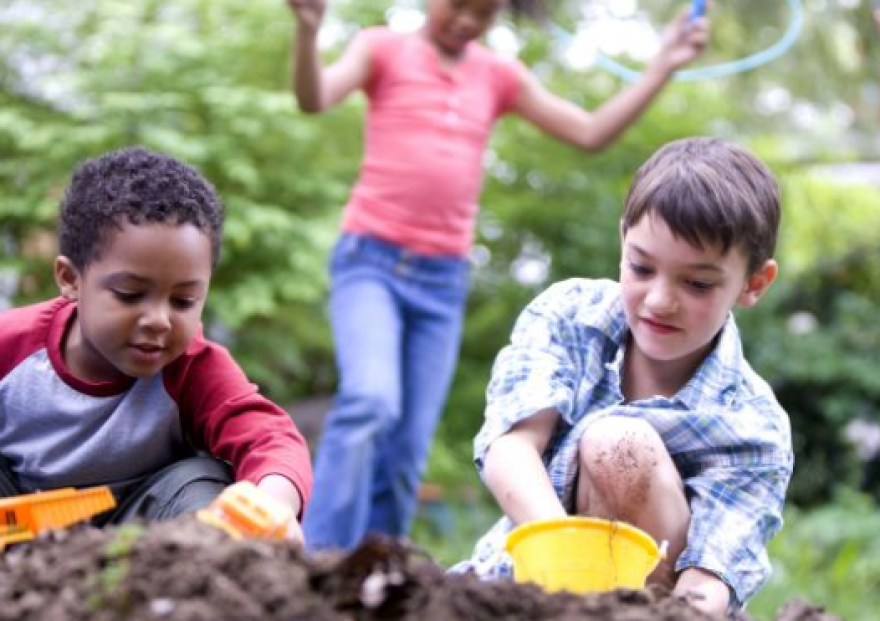An annual report of the health and welfare of Kentucky youth shows how the “dual pandemics” of COVID-19 and racial injustice are disproportionately harming Kentucky’s children of color.
The 2020 Kentucky Kids Count County Data Book — a trove of statistics about Kentucky children, available in both English and Spanish — reveals how Black and Latinx children in Kentucky are more likely than white children to live in a household suffering from unemployment during the pandemic. Children of color are also more likely to have lost a caregiver to the coronavirus.
“The disparate impact on children and families of color is exacerbated during this pandemic,” said Terry Brooks, executive director of Kentucky Youth Advocates, in a virtual press conference unveiling the data book.
The pandemic threatens to reverse or undercut recent progress in the commonwealth, including downward trends in childhood poverty, student homelessness, and uninsured children.
“There was, pre-pandemic, real progress for Kentucky’s kids in areas of health coverage, graduation rates, and rates of juvenile incarceration,” Brooks added. “And even amidst that progress, almost a quarter of a million kids in Kentucky were living in poverty in pre-pandemic conditions.”
The report from Kentucky Youth Advocates and the Kentucky State Data Center at the University of Louisville shows about two-thirds of Kentucky’s Latinx households with children lost income since the pandemic broke out — higher than the overall state rate of 53%.
Over the summer, when Kentucky households filled out the surveys, adults in about 45% of Black households with children reported being employed in the past week, far lower than the 63% of white households who reported being employed.
Karina Barillas, executive director of La Casita Center in Louisville, ascribed the disparities to a lack of access to resources as well as fear in Latinx communities.
Latinx and immigrant children are “afraid of being profiled, are afraid of not being able to see their parents again,” she said. The pandemic forces vulnerable parents to decide between going to work and getting sick, or staying at home and facing the possibility of homelessness or hunger. “These are real issues,” she said.
That message was echoed by Gov. Andy Beshear, who appeared in a pre-taped message to convey the seriousness for a commonwealth with high rates of kinship care, or when a child is raised by a relative such as a grandparent.
“In a state that per capita has more grandparents raising their grandchildren than ever before, we risk so many children losing that last person who is there to care about them,” Beshear said.
Kentucky Youth Advocates will host a live podcast-webinar on Wednesday morning that will explore the data further.
If you appreciate access to this important content during this global pandemic, please help us continue to provide public service journalism and information to Central and Eastern Kentucky communities. Please make your contribution to WEKU today.




